How sleeping with socks on could help you fall asleep faster
Sleeping with socks on could be the key to helping you fall asleep quicker and lessen night awakenings
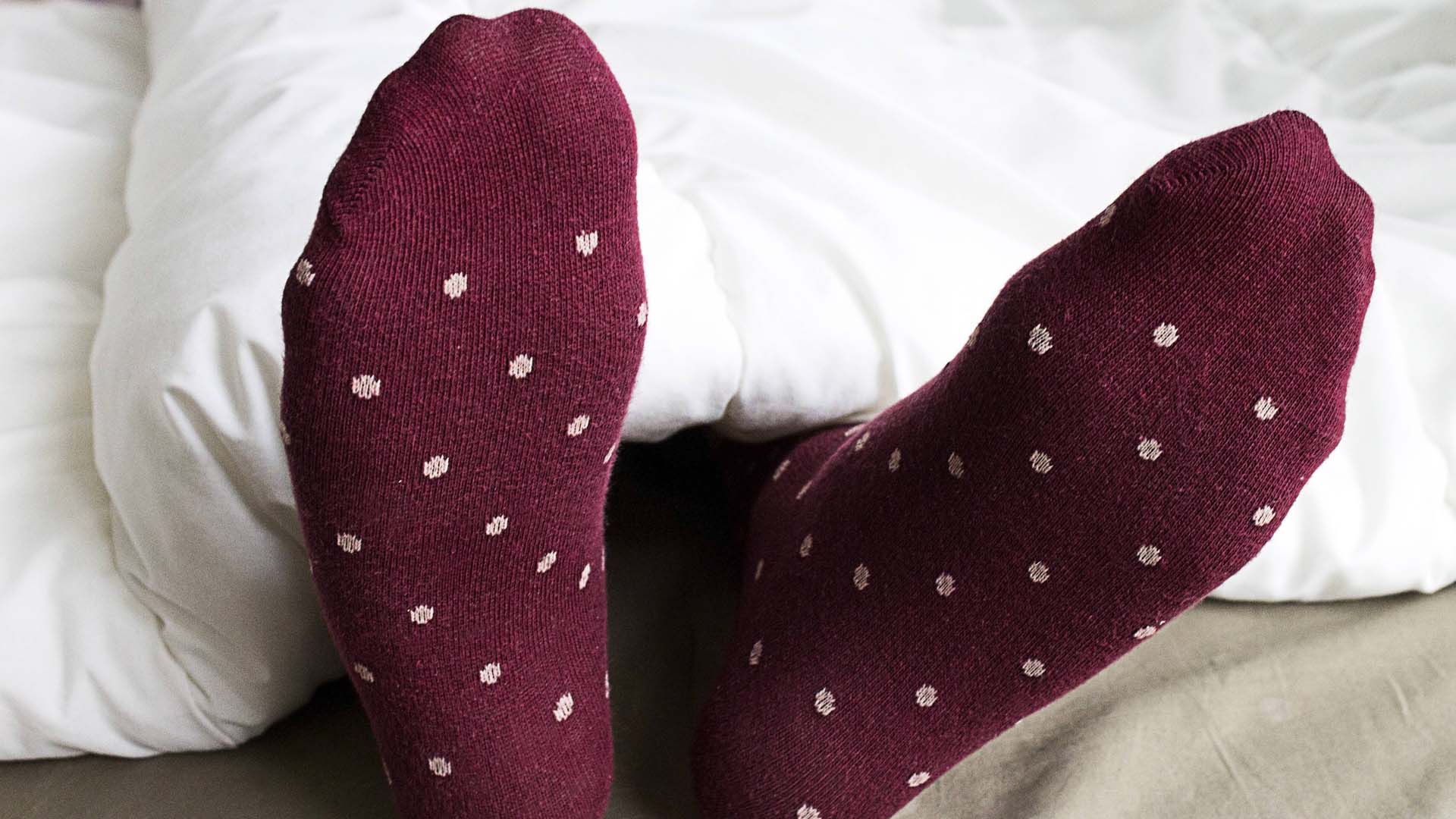
Sleeping with socks on could be the key to helping you fall asleep quicker and lessen night awakenings

If you’re looking for a good night’s rest, sleeping with socks on could be the hack you need.
It’s a subject that creates a lot of debate, with as many saying it’s not a good idea as those who swear by it. However, according to research, donning a pair for a better night’s sleep could be of benefit. And wearing them may even help you get to sleep faster.
Evidence suggests sleeping with socks on could potentially help you enjoy a better night’s sleep, but it’s an area of science that requires more investigation. Here’s what we know so far:
In one study, scientists asked six men to put on a pair of socks and go to sleep, to see if there were any benefits.
The results were encouraging. The scientists concluded that keeping your feet warm using bed socks helped participants fall asleep seven-and-a-half minutes quicker and stay asleep 32 minutes longer. The number of night awakenings was also seven-and-a-half times smaller, compared to those without socks on.
Another study, which included adults over 50, investigated whether warming feet (including using socks) decreases sleep-onset latency – the time it takes to fall asleep.
It concluded that wearing bed socks could help older people fall asleep quicker, if they don’t have any other sleep difficulties.
However, both studies had a small group of participants, which makes it hard to be sure the results are reliable.
Saga spoke with Dr David Lee, clinical director of Sleep Unlimited and author of Teaching the World to Sleep, to get his expert insight into the studies' findings.
“The thought process behind sleeping with socks on is that warming the feet has the potential to take the heat away from your core, which, in turn, could help cool you down and signal to your body that it’s time to sleep,” Lee explains. “But is that true for everyone from a couple of small studies? Probably not. It needs to be repeated with a larger number of participants and studied for a longer period.”
Lee says if you’re struggling to go to sleep, popping on a pair of socks might help you fall asleep faster, but it could also hinder your sleep by making your feet too hot. It’s about personal preference, and Lee adds: “It’s not advice we’d give out clinically, yet, as there’s not enough evidence available.”
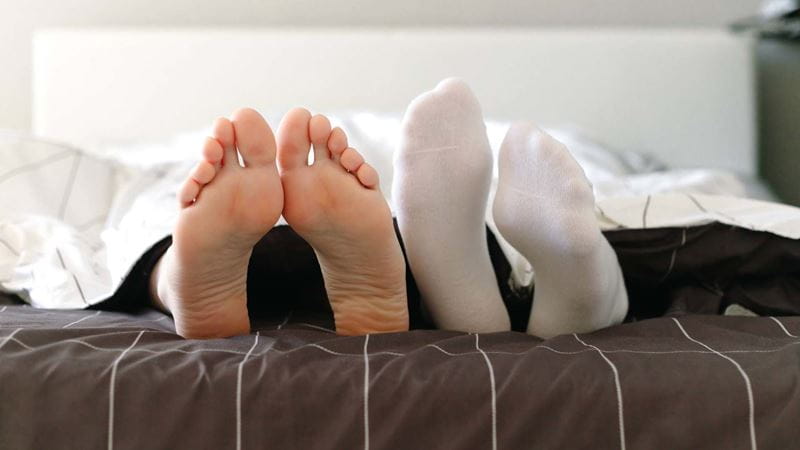
There’s currently no evidence to suggest that sleeping with socks on is harmful, but Lee says it could potentially trap moisture around your toes, leading to fungal infections like athlete's foot.
To avoid this, Lee says it’s best to avoid wearing man-made fibres. “Materials like polyester could make your feet sweat more, so wear wool or cotton socks.”
Research looking at different areas of sleep is still ongoing, but there’s currently no evidence to suggest that sleeping with socks on affects the brain.
Recently there was a post doing the rounds on social media that allegedly originated from the World Health Organization (WHO), claiming that sleeping with socks on can cause a stroke. This has been dismissed as fake by the WHO, with no evidence to back it up.
Lee concludes that if you find sleeping with socks on beneficial, there’s currently no research to say that it’s harmful.
“It’s down to personal preference – put some socks on if you want, but if you’re having sleep issues, cognitive behavioural therapy for insomnia (CBT-I), is generally the first line of treatment.”
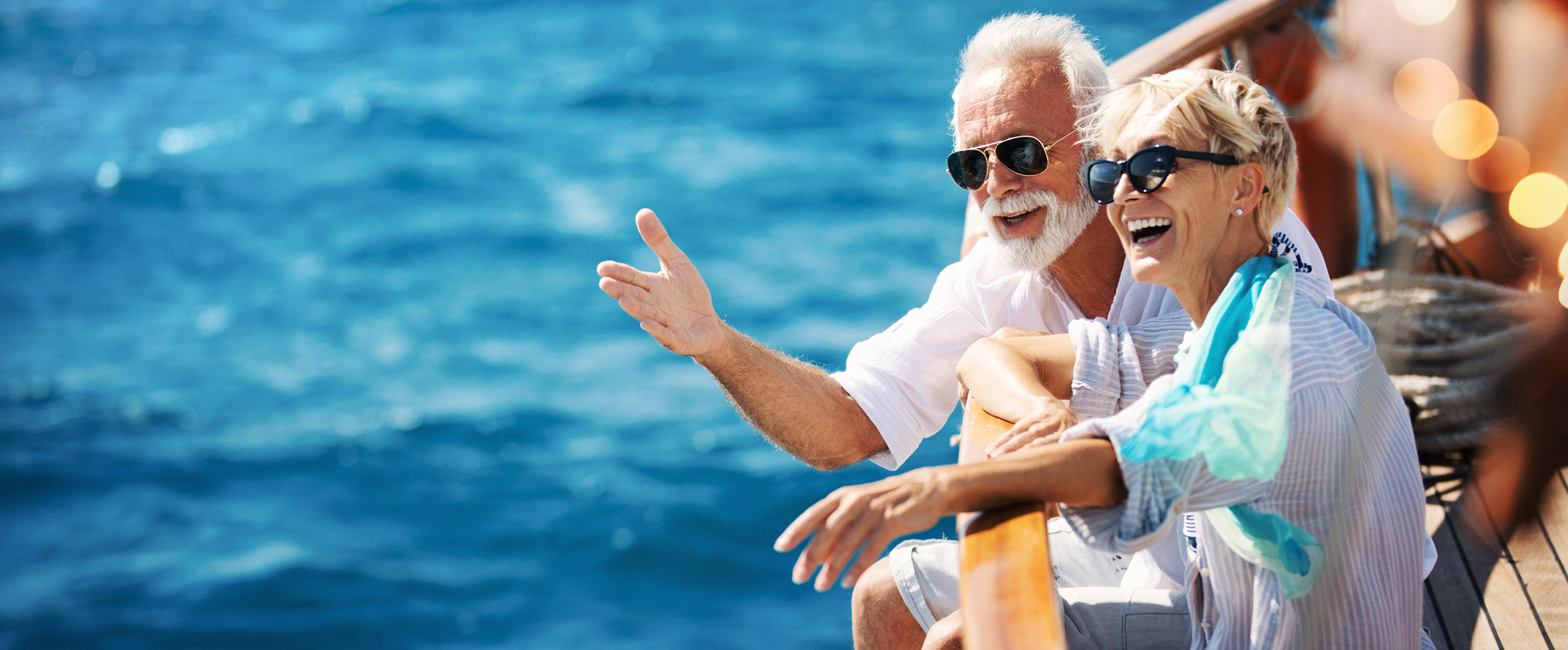
Are you retiring at the wrong age? The best age to retire for your body, brain, happiness and pocket.
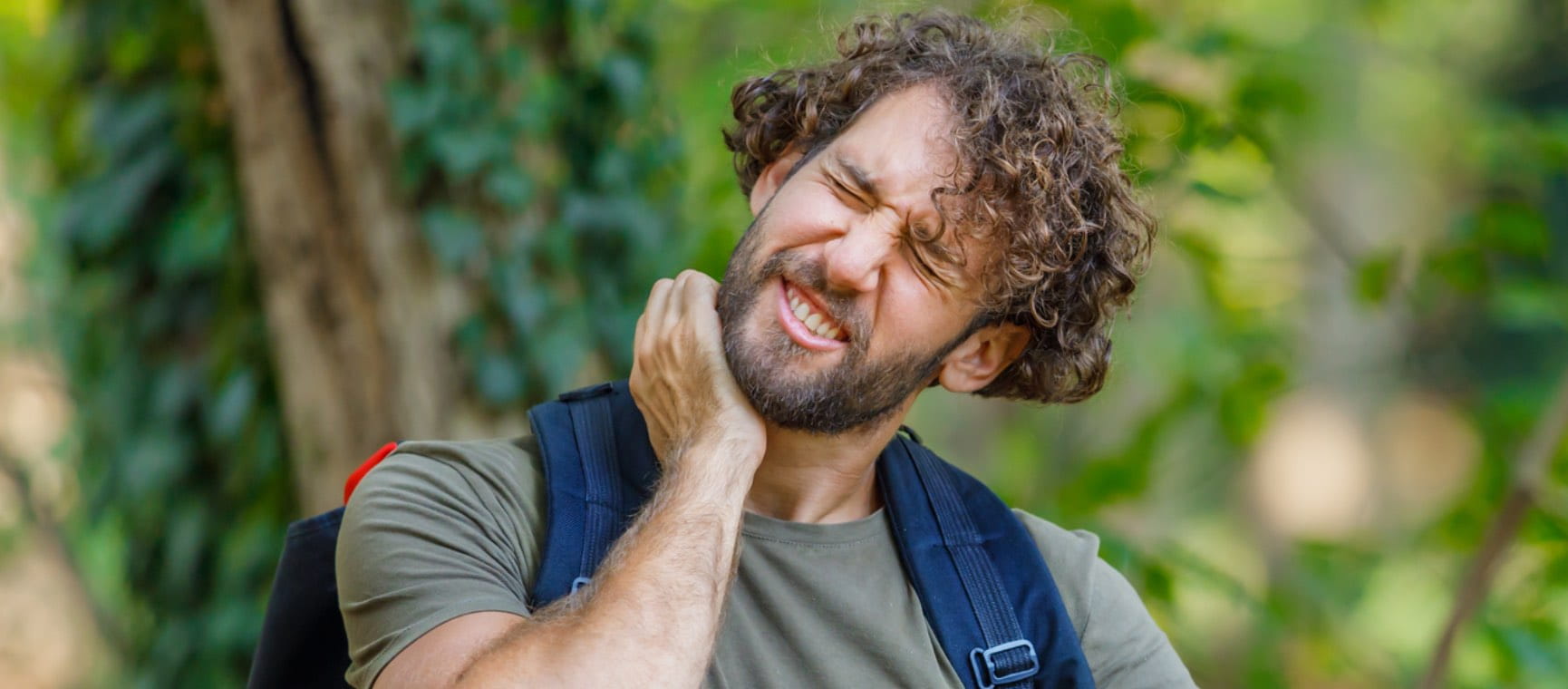

Everything you need to know about the lung infection, and how you could be ill with “walking” pneumonia without realising it.
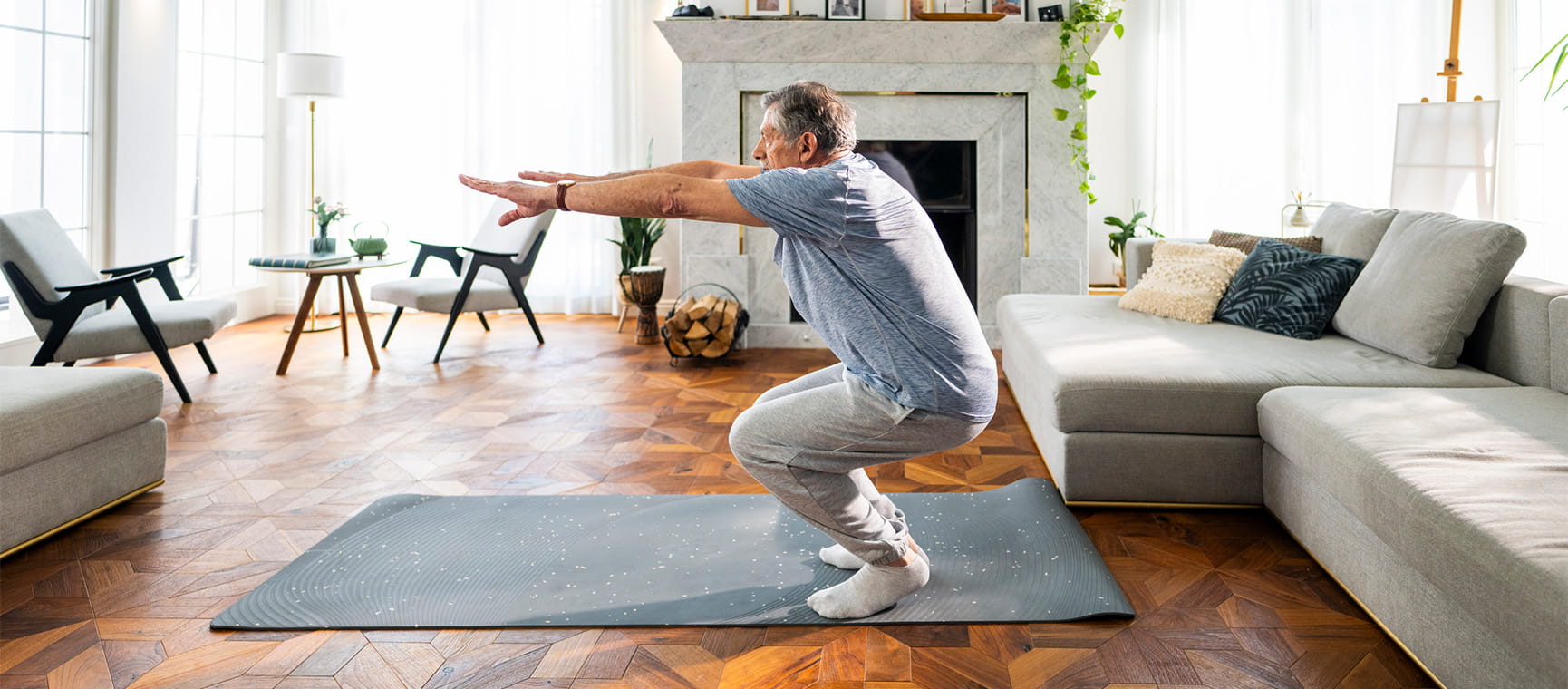
Strong calves for a strong mind: how they support our circulation and brain health, with easy moves to strengthen yours at home.


Our GP Dr Mark Porter explains what can cause itchy skin, which is a common problem as we get older.
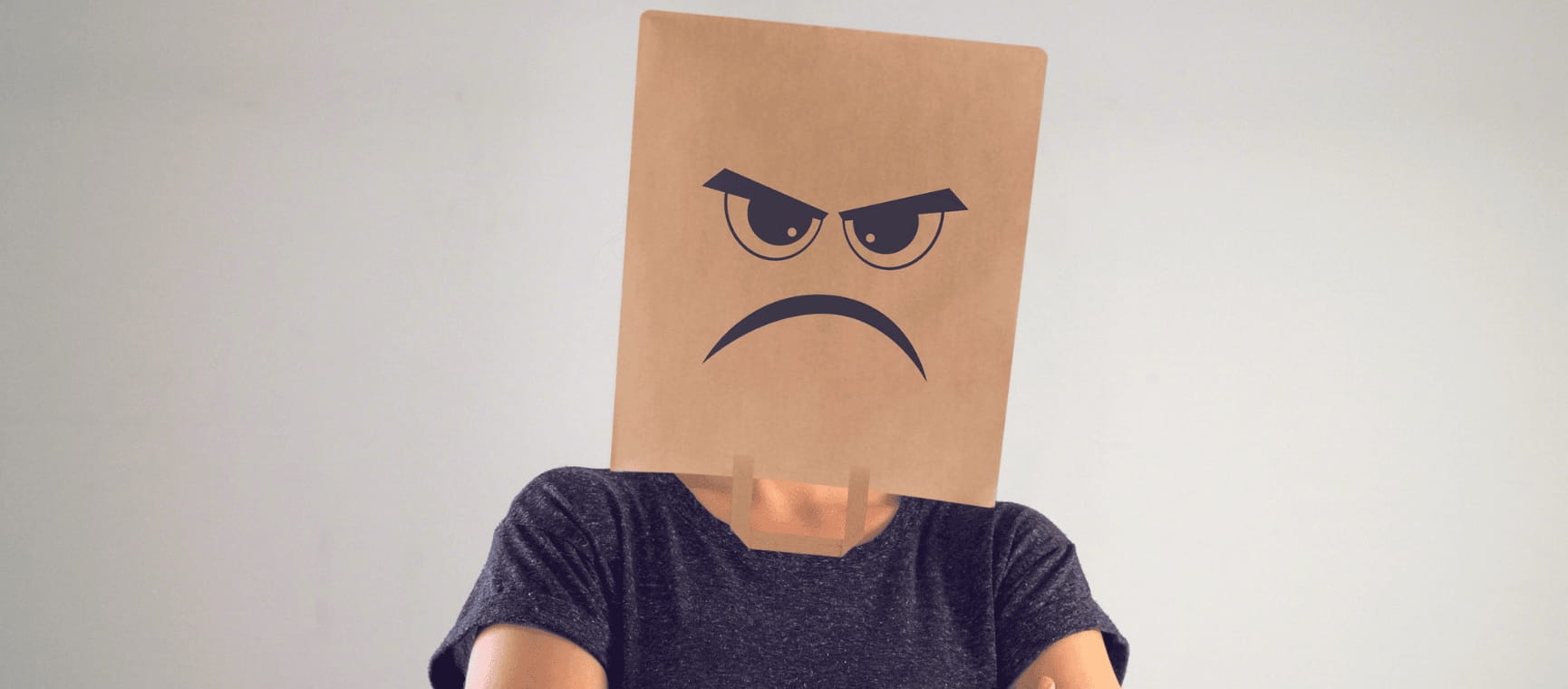
Worried you’ve morphed into Victor Meldrew? Find out how to battle that bad mood, and what to do if you’re stuck with a grouchy loved one.

The benefits of heat and cold therapy, and how Nordic bathing won over our nervous writer.

Here’s how to spot the symptoms of heat disease and reduce your danger.

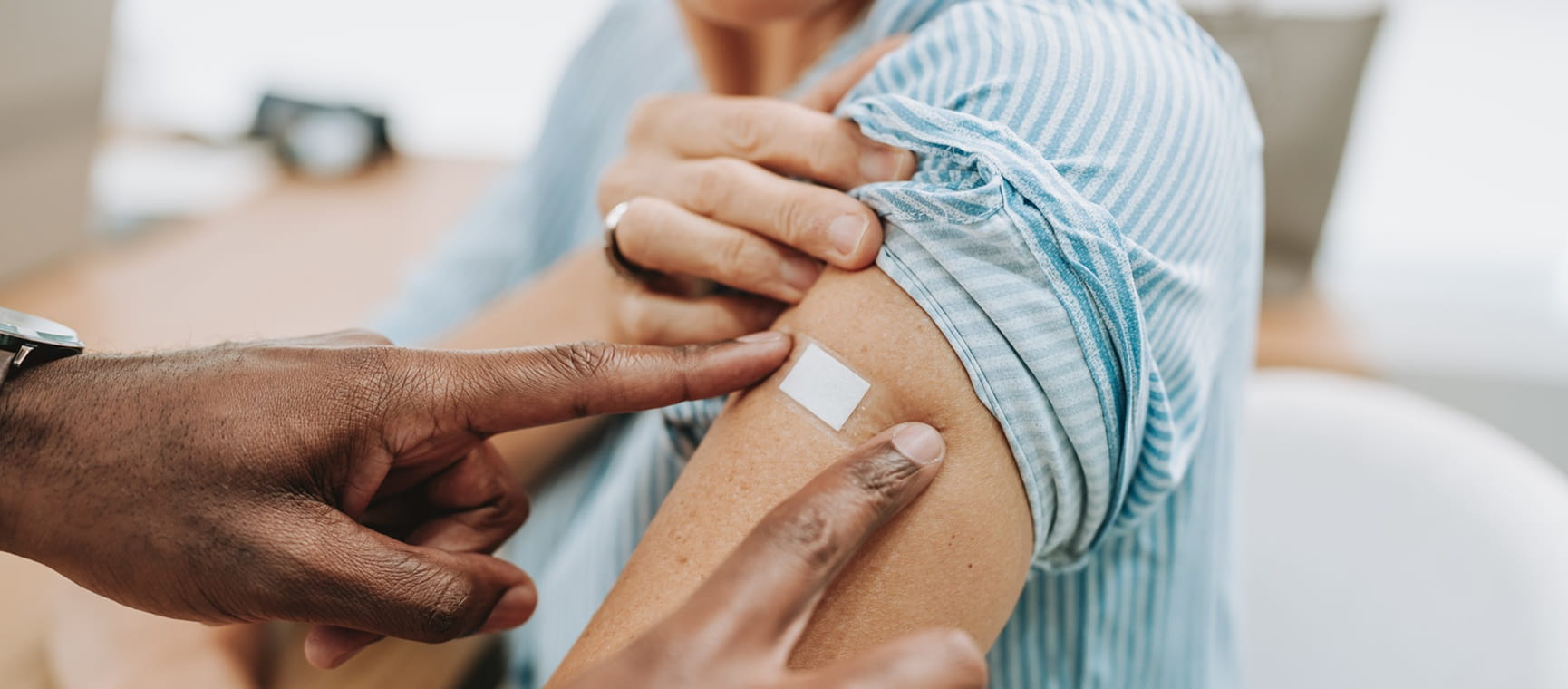
The NHS winter vaccination campaign kicks off next week. Here’s the lowdown on what you need to book.

Pilates for back pain – what to do if you are suffering, and five gentle exercises that could help.
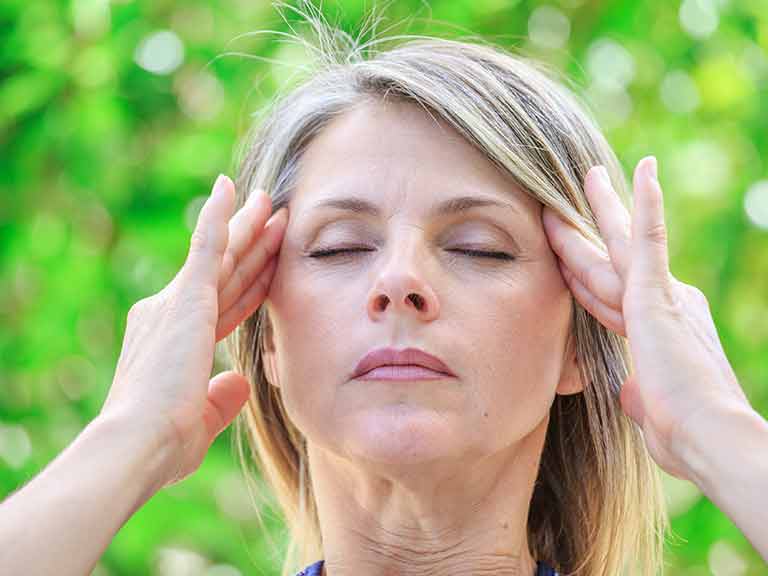
Dizziness or vertigo: a sensation of spinning, can stop us doing everyday things for fear of falling. Try these tips to stop feeling dizzy


You don’t have to put up with bladder leaks. We try out the latest pelvic floor gadgets for men and women.
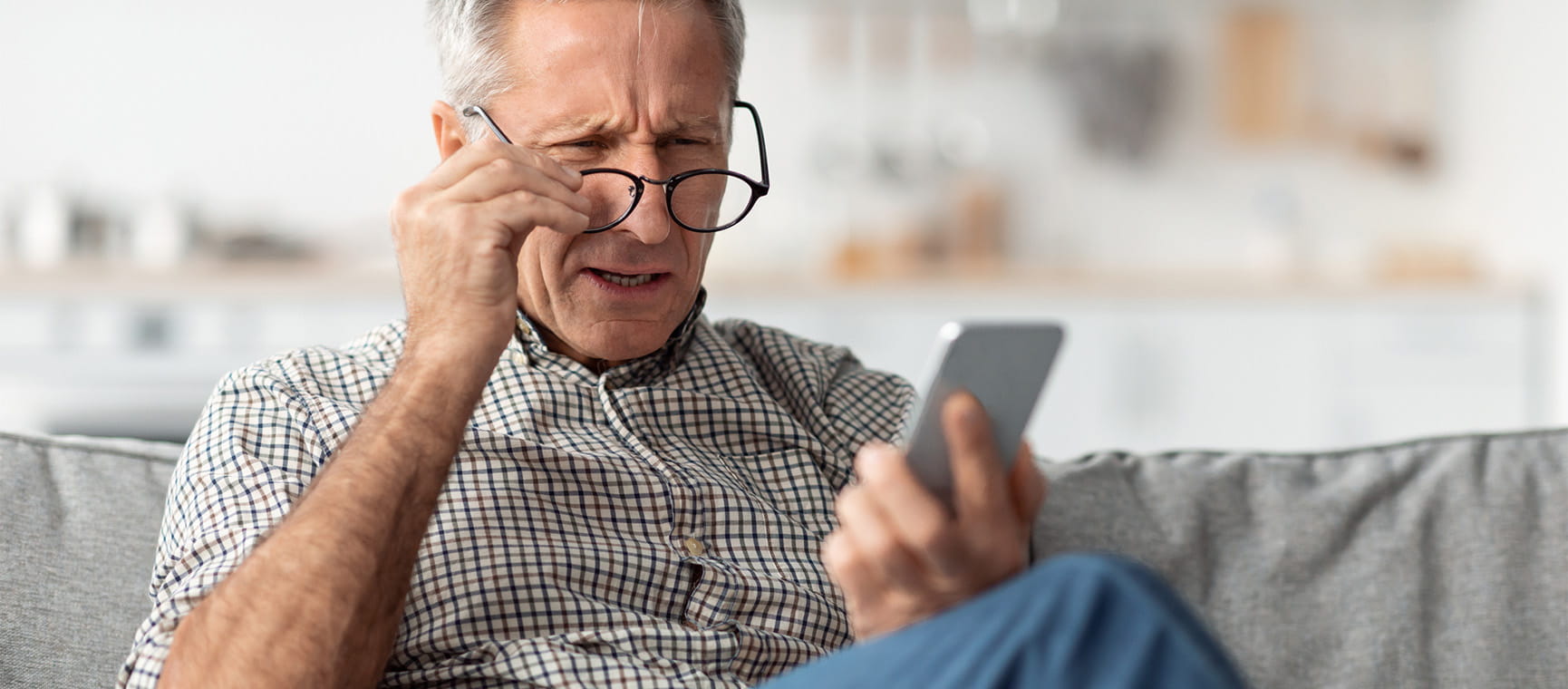
Cataracts are a normal part of ageing. Learn how to spot the signs – and when it’s time to consider surgery.